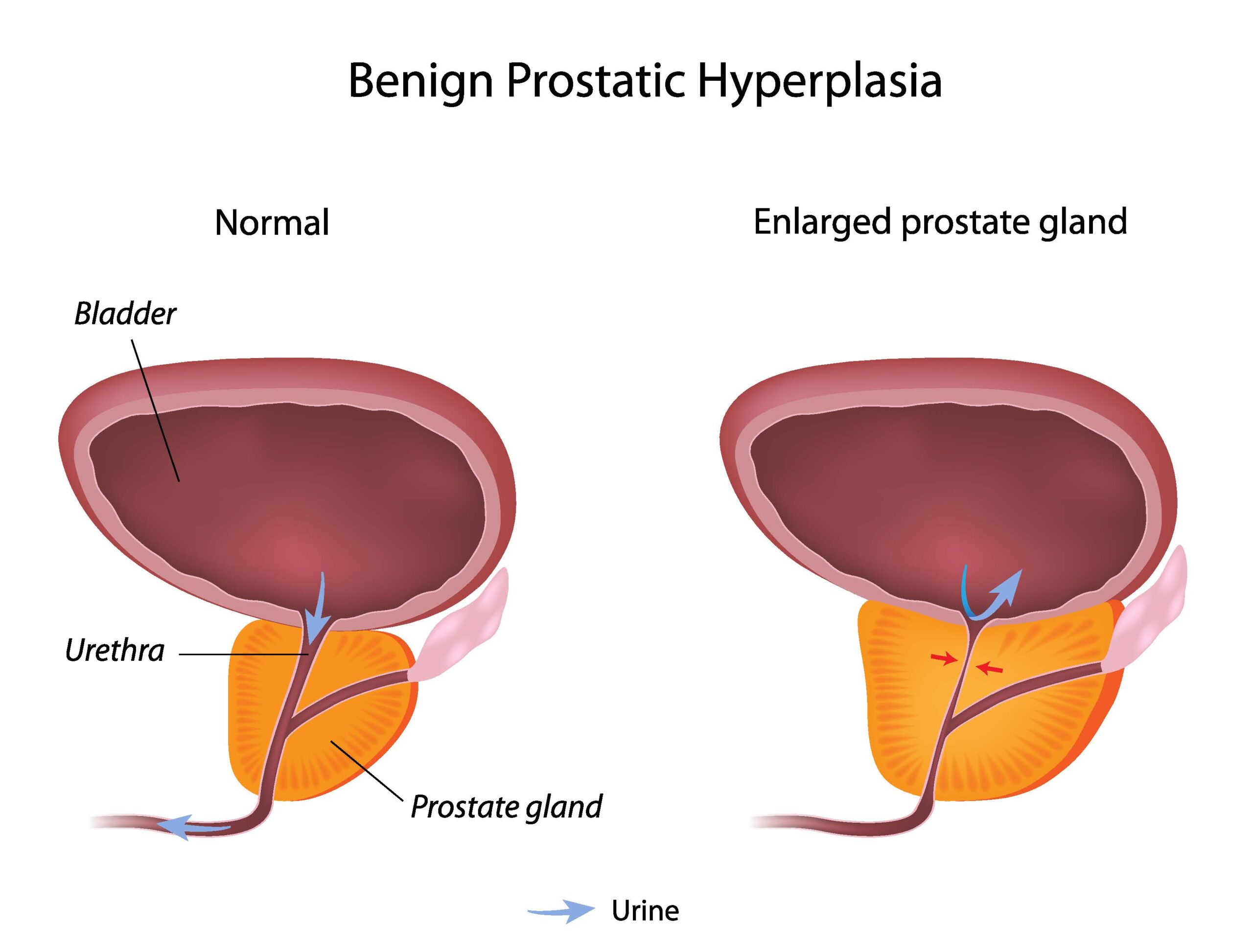Whether you pop into the bathroom just to relieve yourself quickly or love taking your time, it’s essential to pay attention to any changes in your routine. New appearances in your stool or urine typically indicate health concerns, so you’ll want to be on the lookout. If you have blood in your urine, loose stool, or you’re noticing new smells, it’s time to see a doctor.
Specific changes in your bathroom habits often indicate a severe change in your body. One of the immediate warning signs to look out for is painful or uncomfortable sensations. If you’d like to learn more about it, here are a few bathroom habits that likely point to a health problem:
Pink or red urine often indicates blood, which is a sign of complicated health problems. These can range from urinary tract infections to kidney disease, so it’s best to see a doctor once your urine color changes. These health issues are conditions you don’t want to ignore, as they can be fatal if left untreated.
While blood in urine is a common occurrence during menstruation, this becomes something to worry about only if you aren’t on your period.
However, if your urine is a darker color like orange, brown, or a deep yellow, it might mean that you’re dehydrated. Drinking plenty of water will lighten the color. However, it can also indicate a liver condition, which is something you must tell your doctor.
Some foods and medication may cause your urine to darken, so that’s another thing to consider. However, if you are frequently producing urine with an unhealthy color, that’s a warning sign.
Diarrhea is a common symptom of a stomach virus, which will eventually resolve with time and medication. It’s also a typical occurrence if you eat something that disagrees with you. However, if it persists and begins to impact your life, you’ll want to consult a doctor.
Persistent diarrhea, along with bloating, pain, gas, or even constipation, may be a sign of irritable bowel syndrome (IBS). It’s a challenging condition to deal with, but many treatments are available to mitigate the symptoms.
The food you eat impacts the appearance of your stool or urine. If you’ve been eating foods like carrots or beets, your fecal matter will likely take on a more colorful appearance, but that’s no cause for worry.
However, if your stool is dark or red, this can mean a bloody stool. This blood may indicate internal bleeding, colon polyps, a virus, or even hemorrhoids, which are emergency cases. Once you see this, seek treatment right away.
Changes in your urinating habits are a cause for concern. Having difficulty urinating, experiencing pain while urinating, and not completely emptying your bladder are likely signs of infections. They might even be signs of bladder cancer, so these are signs you must watch out for when you go to the bathroom. If anything worries you, it’s best to see a doctor.
Meanwhile, if you’re continually peeing or always feel the need to, that might indicate many conditions. You might be overhydrated, anxious, have a pelvic or bladder infection, or even have diabetes. It’s also a sign that you might be pregnant.
However, urinary urgency may also be a side effect of a medication. In any case, if these changes worry you, you must consult your physician.
Feeling constipated can be attributed to many things, including IBS. It can be a result of overeating fiber or being sedentary since physical activity encourages bowel movement. It might also be a side effect of medication. This condition typically resolves itself on its own, but if it persists, tell your doctor.
Poop generally has an unpleasant smell, but if it smells incredibly foul, that can be a sign that something is awry in your gut. There may be an overgrowth of bacteria or Candida yeast, which may occur after taking antibiotics or eating sugary foods.
Fortunately, taking probiotics is a great way to rebalance your gut flora. Eating more vegetables and high-fiber foods are also effective at keeping the foul smell to a minimum. However, if it persists, have it checked by a doctor.
Observing your bathroom habits is a great way to keep tabs on your health. You’re relieving yourself of bodily waste, after all, and any changes can indicate something concerning. However, remember that these aren’t always indicative of something severe. Now that you know the signs to look out for, you’ll know when to visit your doctor.
If you liked this article on clinical signs and symptoms in urology, be sure to read more of our guides on UUANJ! We are a team of New Jersey’s top urologists and medical practitioners. We strive to provide the most comprehensive, state-of-the-art urological service to all our patients. Book your next appointment with us today!
All content found on the UUANJ.COM Website, including text, images, audio, or other formats were created for informational purposes only. The content is not intended to be a substitute for professional medical advice, diagnosis, or treatment. Always seek the advice of your physician or other qualified health providers with any questions you may have regarding a medical condition. Never disregard professional medical advice or delay in seeking it because of something you have read on this website. If you think you may have a medical emergency, call your doctor, go to the emergency department, or call 911 immediately.


